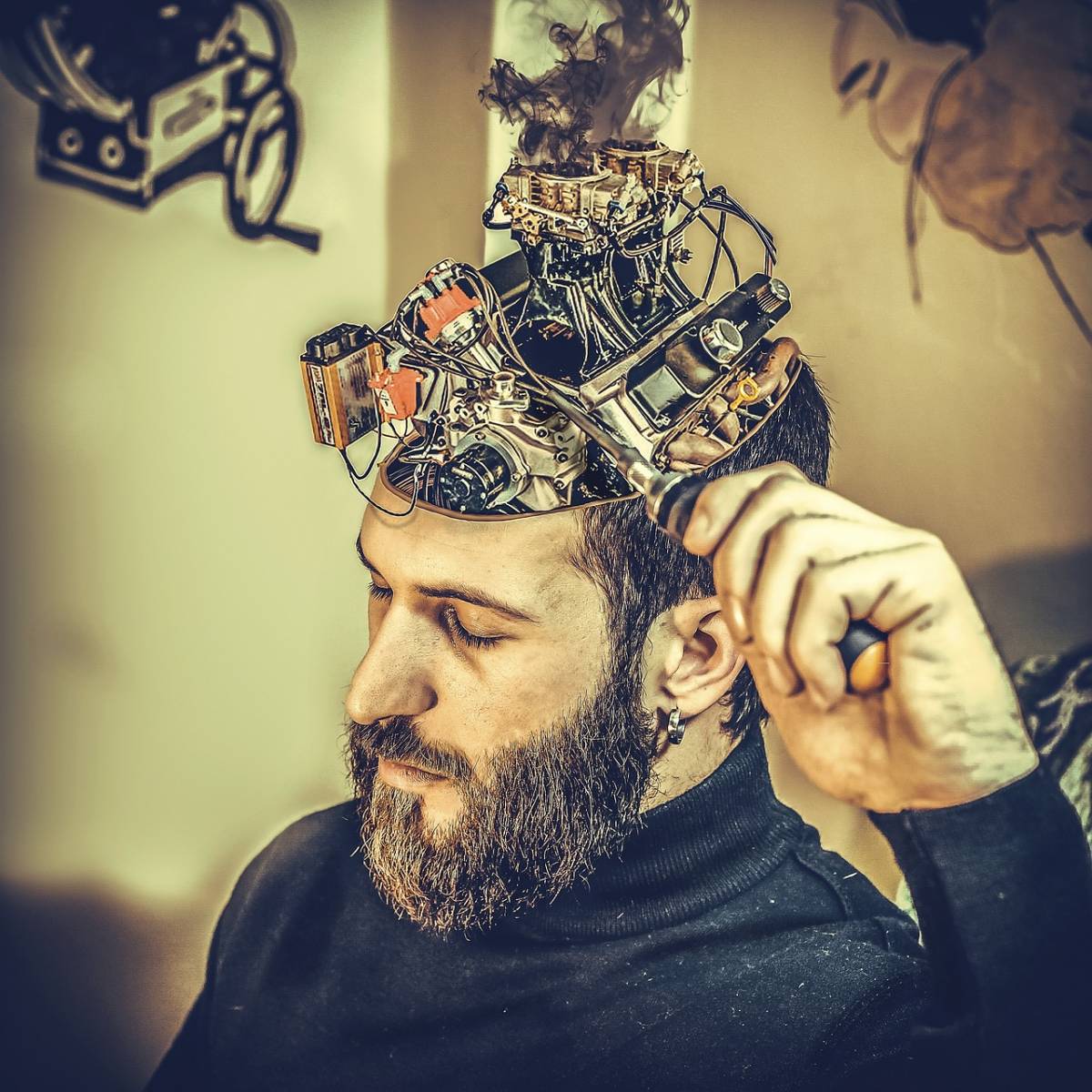So I had a colonoscopy with anesthesia yesterday, and my restless legs managed to generate a bit of an existential crisis.
I’ve spoken before about my experience with restless legs syndrome — and how I am one of the "lucky" 10% who get to experience it as pain. That was a concern of mine when I was checking in for the colonoscopy; because the medications I take for it effect the nervous system, I did not want to accidentally depress {1} prior to any kind of anesthesia. In addition, a front had moved in overnight, so I was pretty twitchy and in a non-trivial amount of discomfort; it had gotten up to a six or so on the drive over.
The anesthesiologist was very nice as I explained my concern, and said it shouldn’t be an issue. As they put the anesthetic in the IV, I explained to the anesthesiologist that I was asking so many questions in order to get the details right if I wrote about it later, and then I woke up in recovery. That part went really well (and my results seem good as well).
But it was less simple for those doing the procedure.
They told me afterward that almost immediately after I went under, I began jerking and moving my legs and arms {2}. They were able to complete the procedure, but just barely, given how much I was moving.
While completely unconscious.
This is not the first time that my brain and body have done things without my conscious knowledge. Last weekend, when my amour and I were watching TV at night — I was extremely tired and also in a large amount of pain — I woke up standing in front of the refrigerator with my amour asking if I was okay, and what I was doing. Earlier this year, I had an extremely bad incident where I woke up upstairs in my son’s room (he wasn’t home at the time) and had eaten some very expired candy he had up there {3}.
It usually only happens when I’m so tired (or medicated) that I cannot help but fall asleep, but the pain is great enough that it keeps me from… well, completely falling asleep.
It is — to put it mildly — fucking strange to wake up somewhere different when you don’t remember falling asleep.
We all experience times of decreased consciousness — the times you drive on "automatic" and don’t remember driving home arguably count — but it is usually bracketed by a conscious intent to go somewhere or do something, and then its completion. {4} One common assumption is not that we’re truly not conscious, but that we just don’t bother remembering it.
To have a sudden scene change like I’ve had is wildly disorienting. Until yesterday, I could tell myself that I wasn’t unconscious — I just didn’t remember.
Yesterday, I learned that is not true. Parts of my brain — and my body — were reacting to stimuli while I was completely unconscious {5} under anesthetic, lending credence to the idea that my other wanderings and other behaviors were also while my consciousness was offline.
Making the idea that things like "driving on automatic" really are entirely without the benefit of our consciousness getting involved all the more plausible.
There are studies that indicate our consciousness — at least sometimes — gets informed of what we decide to do after we start to do it {6}, but actually experiencing it is something else.
Your consciousness — the you part of you — isn’t the only entity driving that meat mech you’re in.
{1} The clinical sense of decreased function, not the emotion of "depressed."
{2} Thanks to "augmentation," I now experience it in not just my ankles, but sometimes in my wrists as well.
{3} I seem to seek out sugar and sweets — to the extent that I can sometimes tell if the pain is going to be bad because I notice myself craving sweets up to a half hour before I register the pain. The best I can figure is that sweets are a mild analgesic for humans, and it’s also a quick dopamine hit, and dopamine seems to be involved in RLS.
{4} Oddly, even when I was drinking — and at times I drank a lot — I didn’t have blackout experiences, so I can’t compare the two.
{5} While ketamine and versed cause sedation and "anterograde amnesia," not unconsciousness, the propofol they used does create unconsciousness.
{6} Along with rebuttals that move the goalposts of where "conscious" is.
Featured Image by aytuguluturk from Pixabay
